7:00AM to 5:00PM
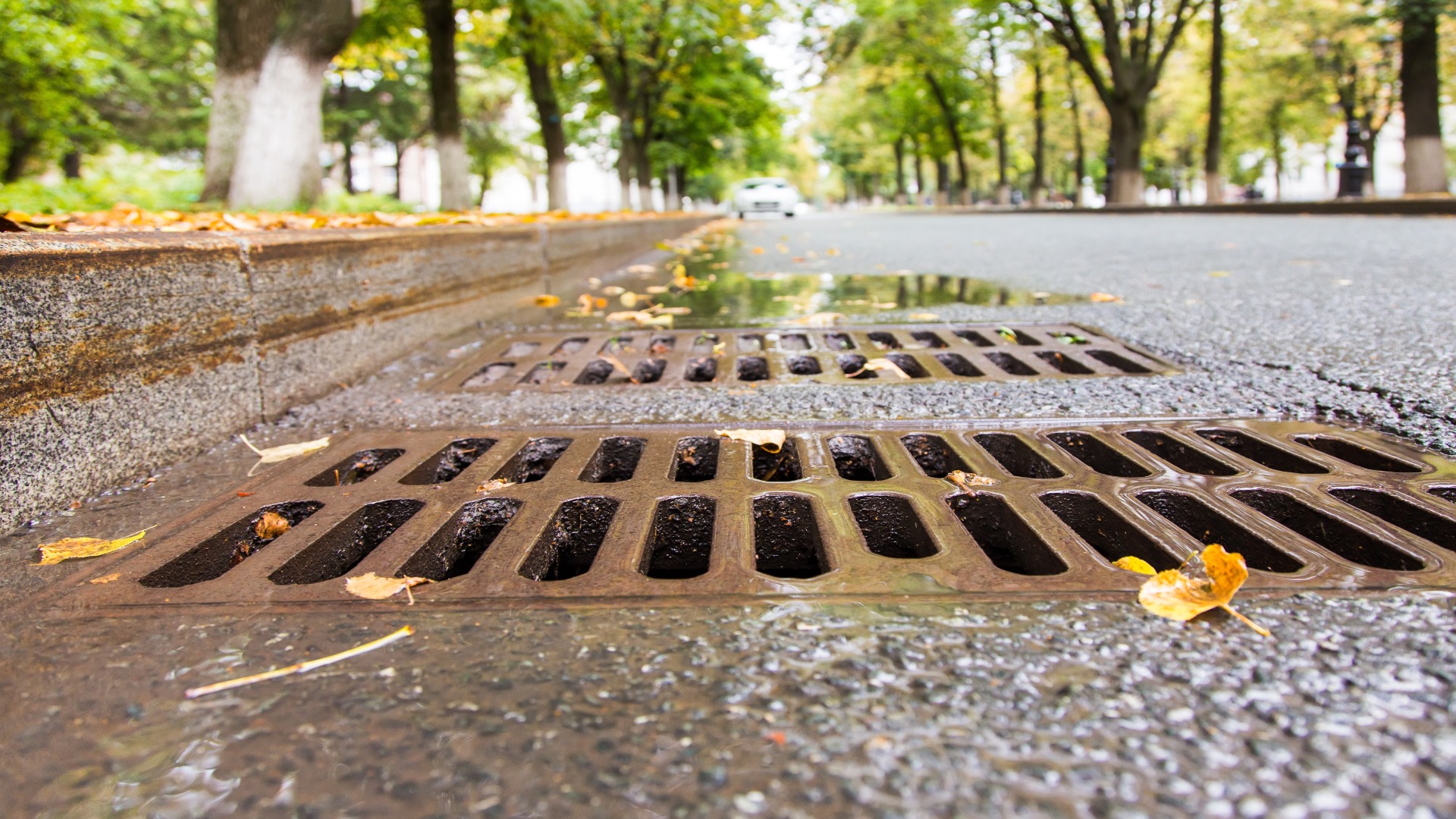
The role of your stormwater drains is non-negotiable. Operating as a fundamental part of your stormwater systems, these drains act as a bulwark, guiding water away from your property during substantial rain and shielding it from potential flooding. However, the problem of blocked stormwater drains can be detrimental.
Blocked drains can transform your stormwater pipes into a ticking time bomb, threatening to disrupt your stormwater drainage system’s efficiency. These issues underscore the importance of regular maintenance and the timely addressing of blockages. As homeowners and property managers, understanding this balance is vital to preserving the longevity of our stormwater systems and ensuring optimal function come rain or shine.
Let’s learn how to maintain your stormwater drain to prevent blockages and future problems!
Stormwater drains, or storm drains or stormwater systems, are pipes and channels designed to carry rainwater from our streets and buildings to local water bodies. The goal isn’t just to keep our sidewalks dry and prevent excess rainwater, especially during heavy downpours, from causing flooding.
Stormwater pipes are at the heart of these stormwater systems and connect different parts of the stormwater drainage system. When it rains, water flows into grates on the streets (those metal grids you see on sidewalks and street corners) and then into the stormwater pipes.
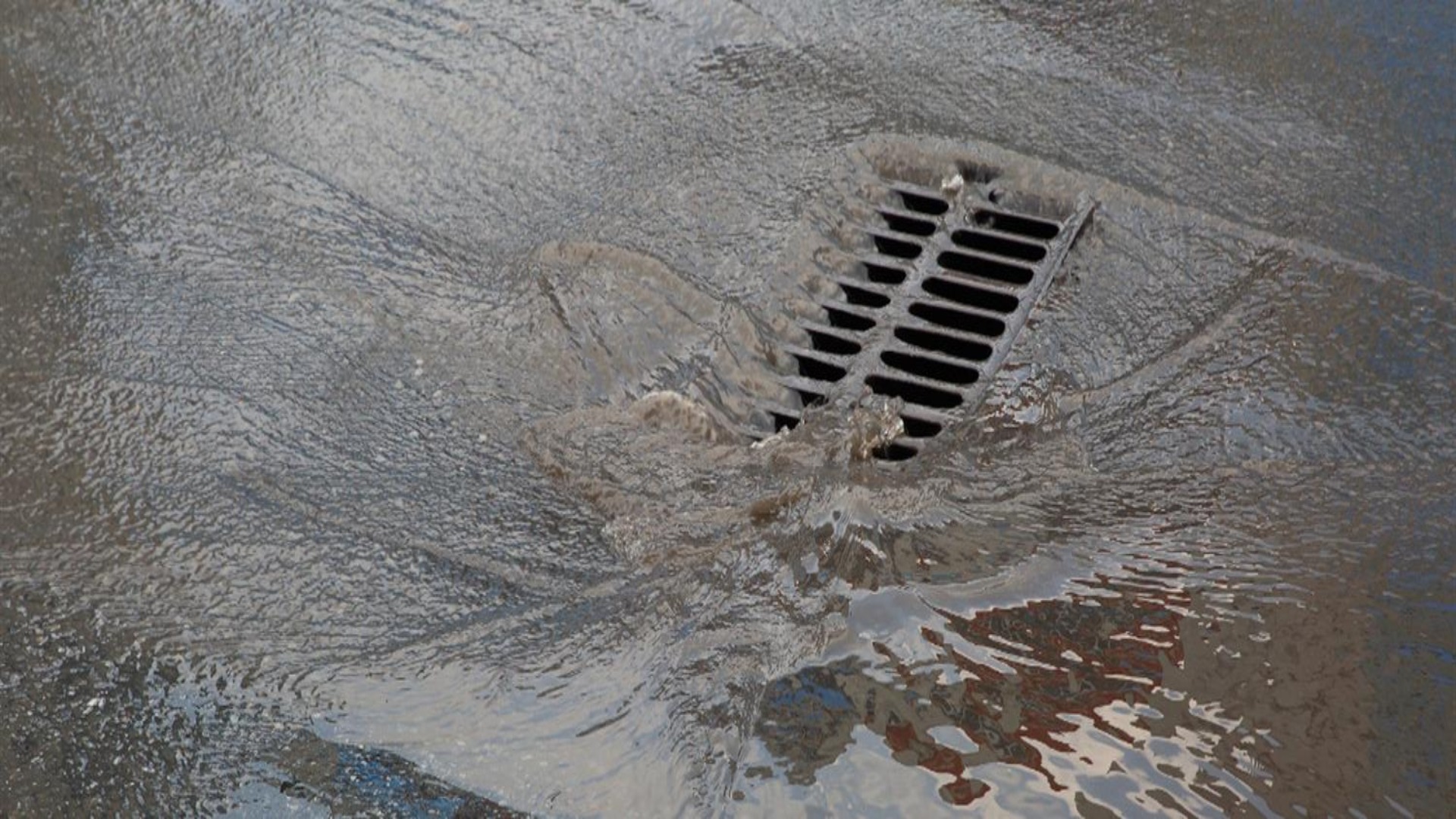
The design of these stormwater drains is usually quite clever. They’re often sloped or angled to use gravity to help move the water along. This way, the water can flow smoothly from your property, through the stormwater drains and pipes, and finally into a local water body such as a river or a lake.
So, next time you see those grates on the street, remember there’s a whole world of stormwater drains underneath, working hard to keep your property safe and dry!
Let’s break down some common problems with stormwater drains for both residential and commercial properties:
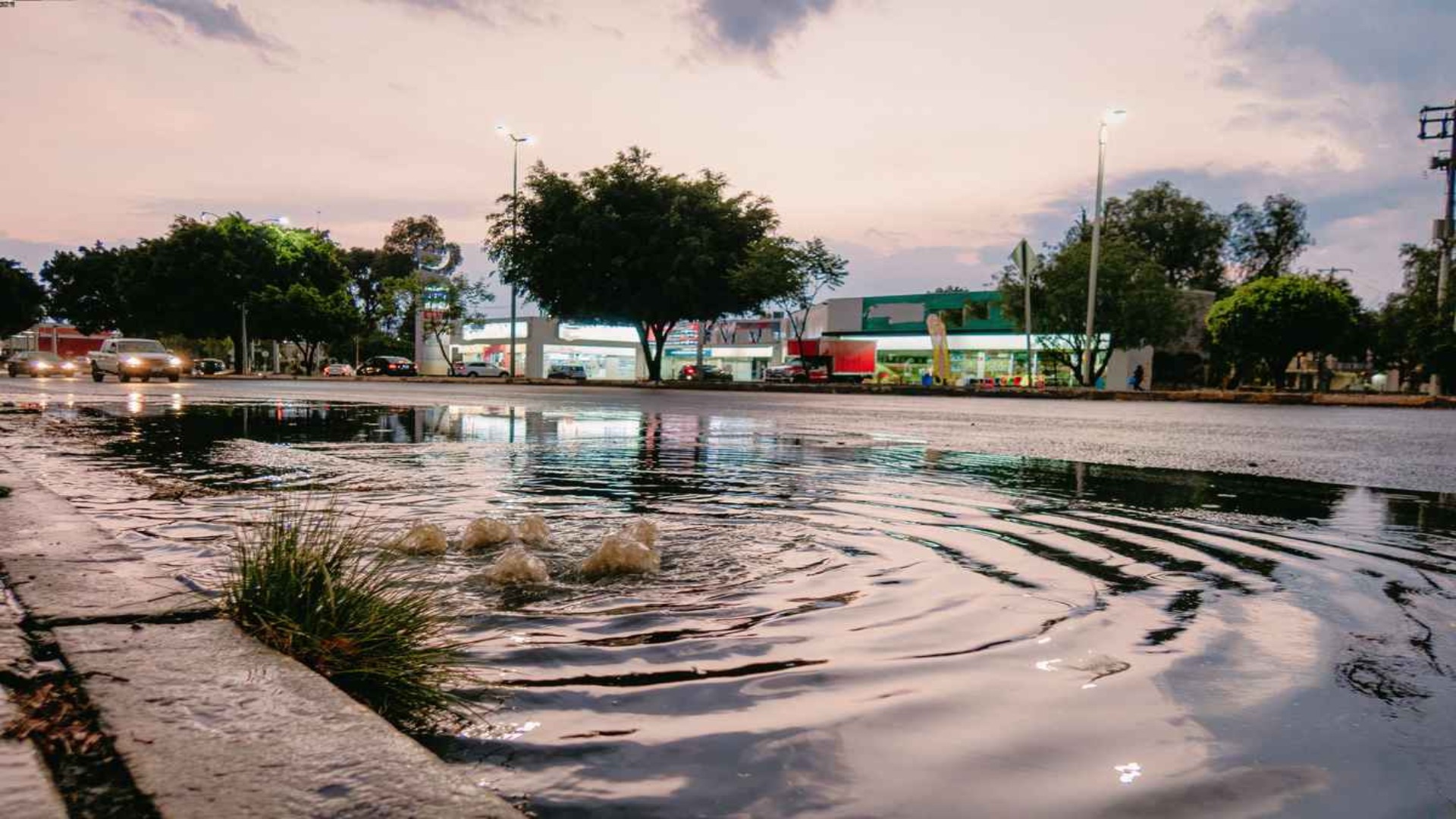
So, it’s essential to regularly check and maintain your stormwater drains to prevent these issues from occurring.
Stormwater drains are an integral part of our properties and urban infrastructure. They play a crucial role in managing heavy rainfalls and preventing potential flooding. However, like any system, they require regular upkeep to function at their best. Stormwater drains can become blocked without proper maintenance, leading to various issues, from water damage to environmental harm.
The first step in maintaining your stormwater drains is conducting regular inspections. Look for signs of blockages, such as water pooling around the drain grates or slow-draining water.
If your inspection reveals debris, such as leaves, grass, or trash, covering the grates or inside the drain, remove it. This can usually be done with a rake or hand (gloves). Keeping the grates and drains clear of debris is essential to prevent blockages.
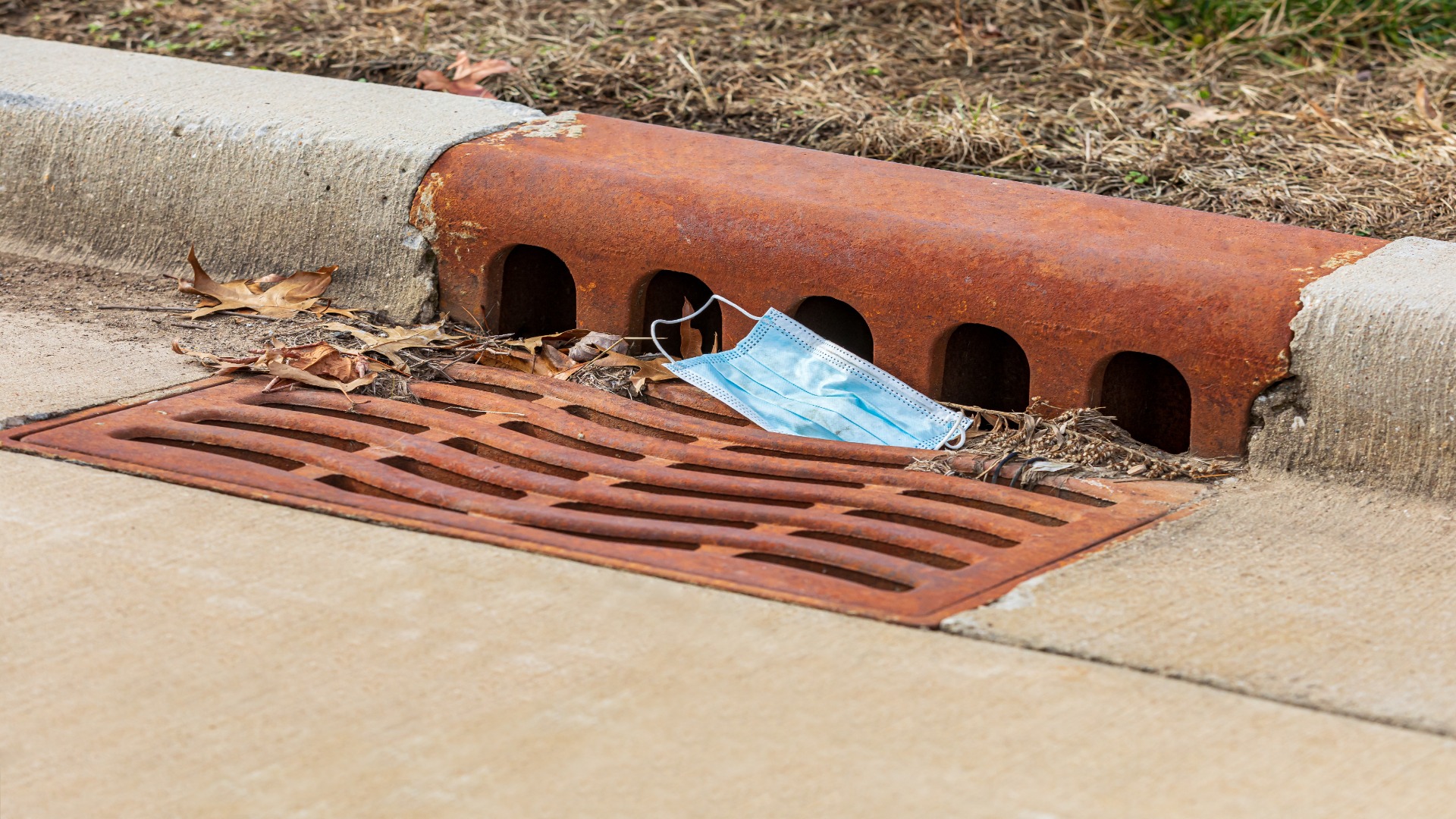
While regular DIY maintenance can go a long way, having your stormwater drains professionally inspected and cleaned at least once a year is also a good idea. Professionals have the tools and expertise to deal with more stubborn blockages and can spot potential issues that you might miss.
Be mindful of where you plant trees and large shrubs. Their roots can grow into and block stormwater pipes. Planting them away from any underground stormwater pipes can prevent future issues.
If you live in a neighbourhood or a shared property, educate your neighbours about the importance of clear stormwater drains and encourage them not to litter or dump garden waste near stormwater drains.
Drain grates can also be a valuable tool in maintaining stormwater drains. These grates prevent debris from entering the drainage system, thus reducing the chances of blocked drains. Be sure to clean stormwater drains and their grates regularly to prevent blockages.
Preventing blocked stormwater drains is crucial to maintaining a well-functioning stormwater system. A proactive approach can save you from the headache of dealing with blocked stormwater drain blockages. Here are some detailed strategies you can adopt:
Installing gutter guards is one of the best ways to prevent a blocked stormwater drain. These guards act as a barrier, preventing debris such as leaves, twigs, or rubbish from entering your stormwater system. As a result, they reduce the chances of blockages and the subsequent need for potentially costly repairs.
Make it a habit to inspect and clear debris from your stormwater drain grates regularly. This simple practice helps prevent blockages from forming in the first place. Remember, a small pile of leaves or debris today can turn into a significant blockage tomorrow!
While it may be tempting to use chemical cleaners to maintain your stormwater drains, it’s worth noting that these substances can cause more harm than good. They can damage your stormwater pipes and negatively impact the broader sewer system. Instead, consider using more natural methods or seek professional advice for stubborn blockages.
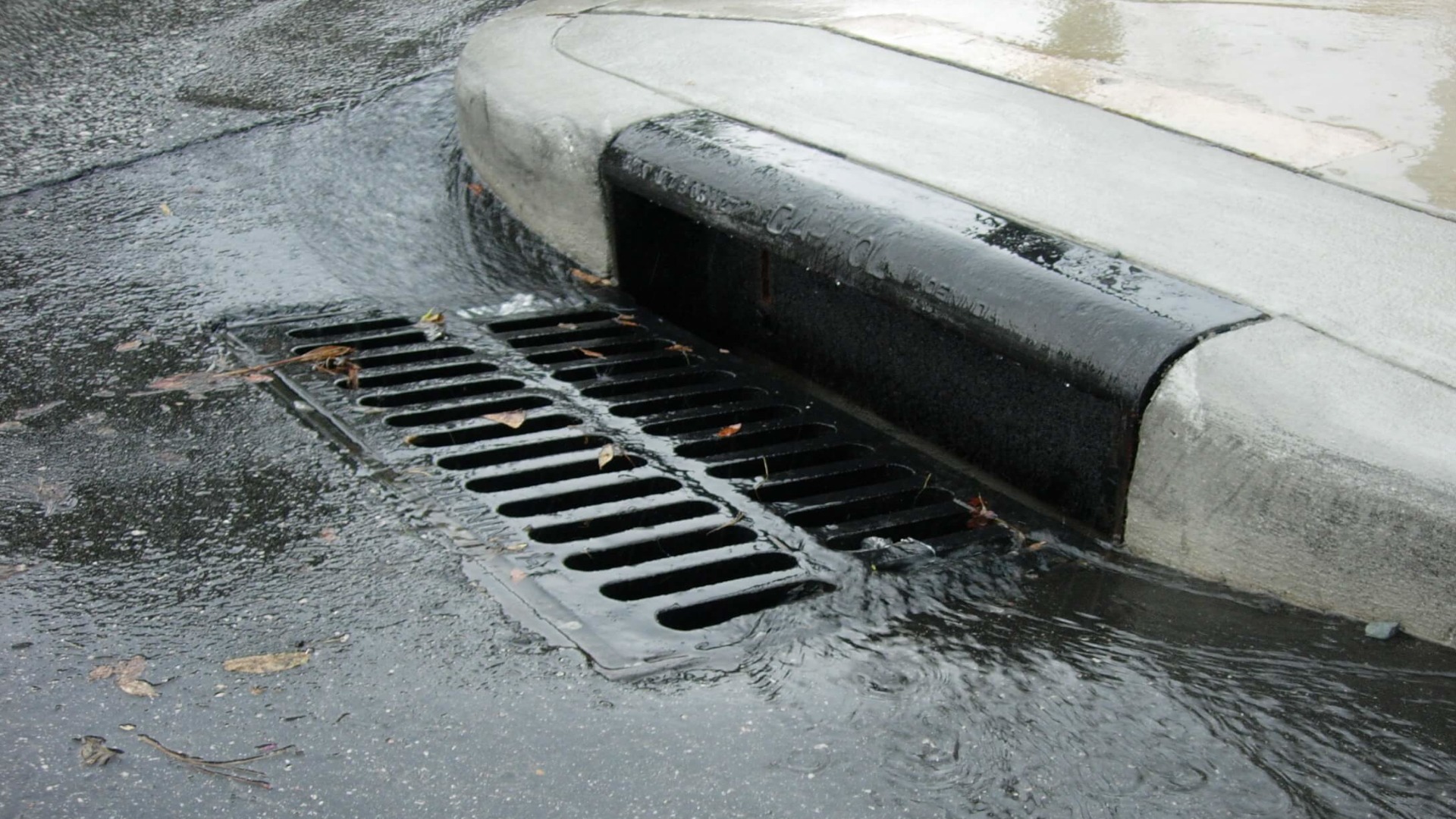
Be mindful of where you plant trees and larger plants in your garden. Their roots can grow into your stormwater pipes and cause blockages. By strategically positioning your plants away from these pipes, you can avoid potential issues down the line.
While DIY preventative measures are beneficial, nothing beats regular professional inspections. Experts can spot potential issues early and provide the necessary maintenance to keep your stormwater system functioning smoothly.
By adopting these practices, you’ll be well on your way to maintaining a stormwater system that effectively manages water flow, keeping your property safe from the potential damages of blocked stormwater drain blockages.
While maintaining stormwater drains is often a task that can be handled with regular inspections and simple DIY methods, there are moments when professional intervention becomes necessary. Despite our best efforts, stubborn blockages may persist, or the system might show signs of more severe issues.
One such signal is slow-draining water. Suppose water is taking longer than usual to drain away or pool around the stormwater grates even after you’ve cleared visible debris and rinsed the system. In that case, it may indicate a deeper blockage within the pipes.
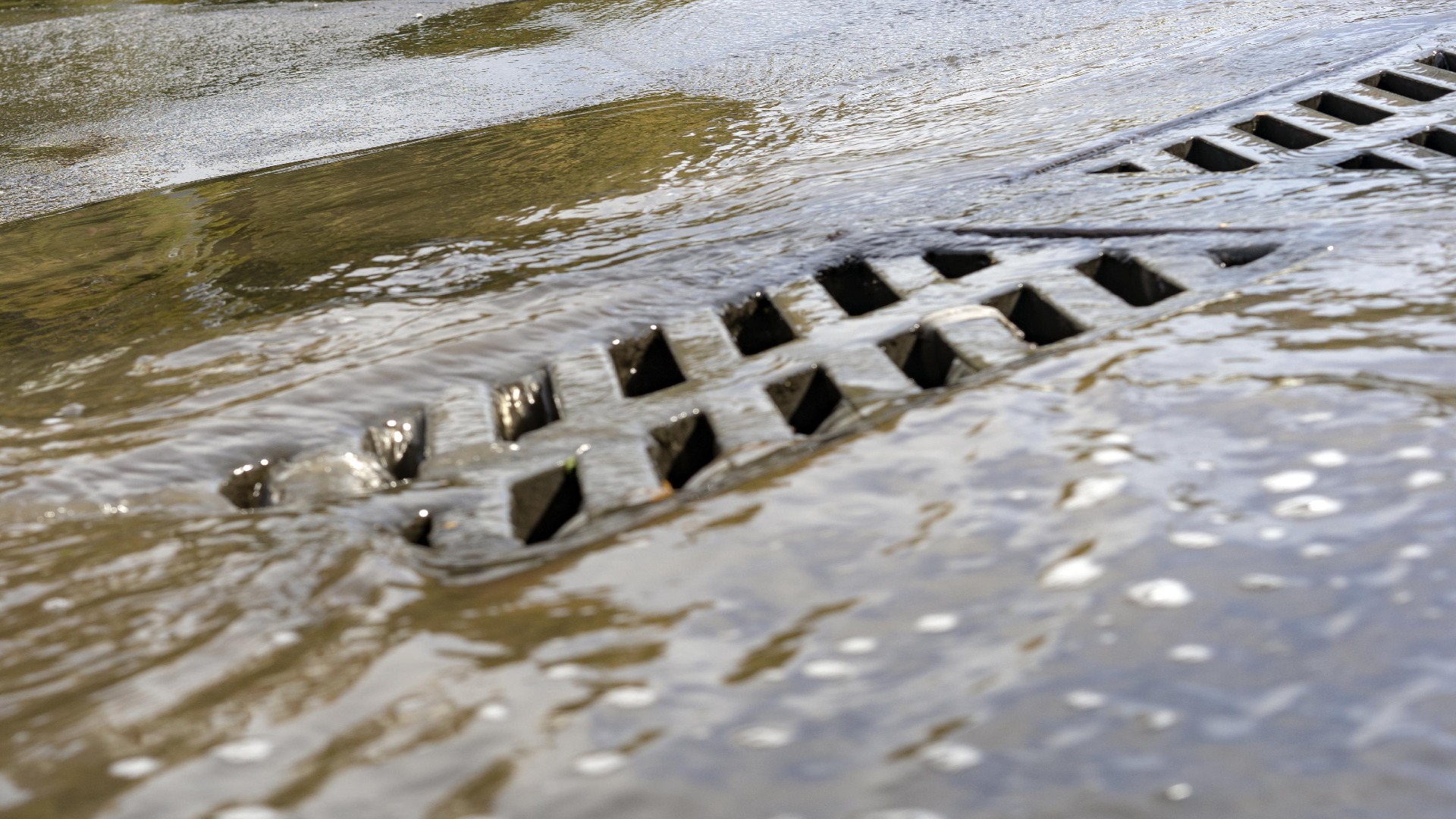
In more extreme cases, you might even notice a foul smell from the drains or observe water seeping up from the ground. These are signs of severe blockages or potential damage to the stormwater pipes that need immediate professional attention.
Professional plumbers have the expertise and tools to comprehensively inspect your stormwater system and identify the root cause of these issues. In some cases, services like pipe relining might be necessary. Pipe relining is a technique used to repair damaged or broken pipes by creating a “pipe within a pipe” to restore the flow. This method can save you from expensive and disruptive excavation work.
Remember, seeking professional help when necessary not only solves your immediate problem but also helps prevent potential future issues, ensuring the longevity and efficiency of your stormwater system.
Effective stormwater management is about more than safeguarding your property or those around you from water damage. It has broader implications for the health of our local environments, specifically our water bodies and the diverse life they support.
When stormwater drains are blocked, they can’t correctly direct rainwater safely away from our homes and streets. Instead, water might overflow, carrying debris like litter, soil, organic matter, and harmful chemicals from our roads and gardens. This polluted runoff can reach local rivers, lakes, or oceans.
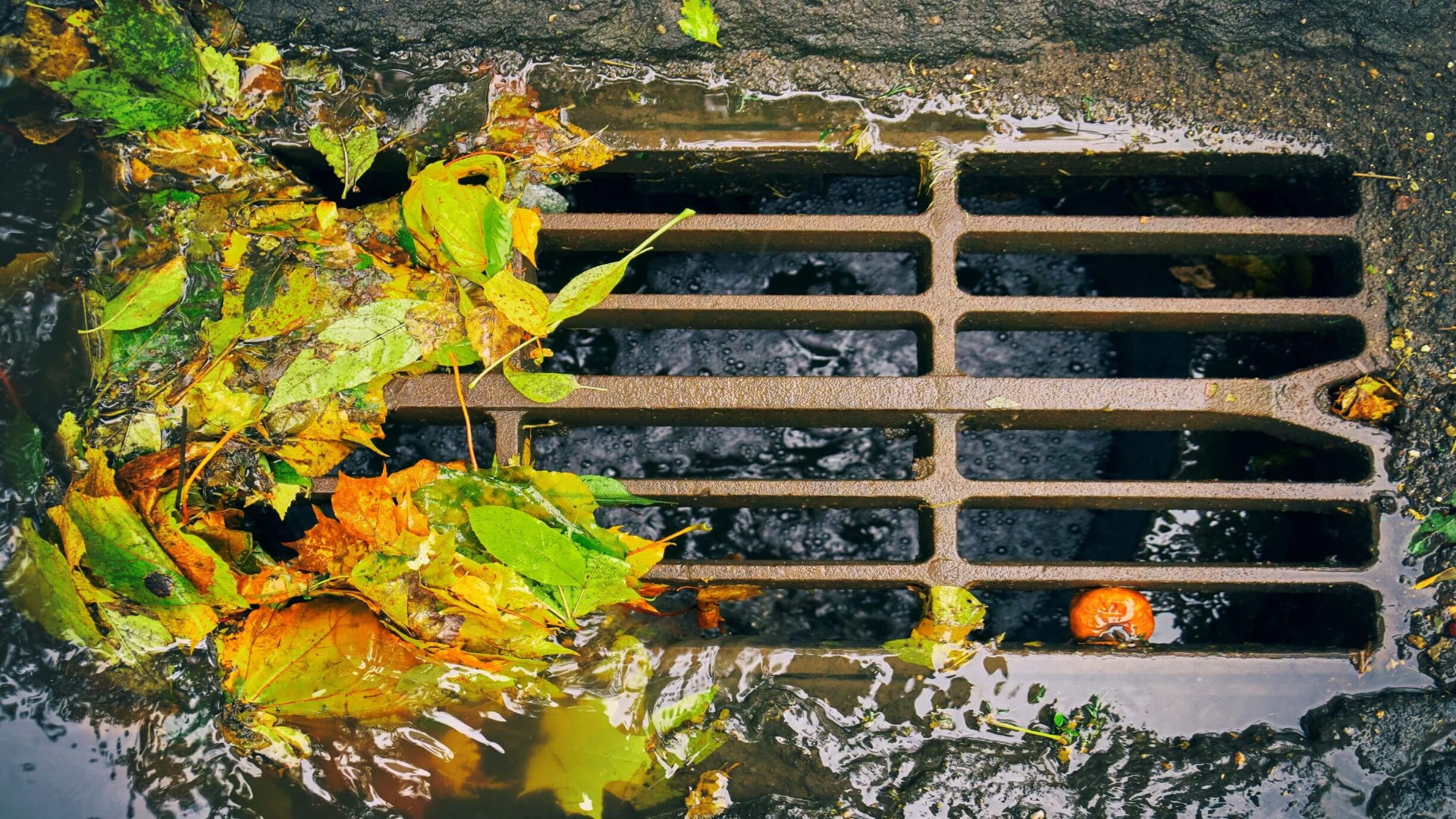
Such pollution can have severe consequences for marine life. Chemicals can poison aquatic animals and plants, while debris can alter habitats or become a choking hazard for plastic waste. In addition, excessive nutrients from organic matter or chemical fertilisers can trigger algal blooms, which suffocate fish and other aquatic species by depleting oxygen levels in the water.
Managing stormwater properly can also help to replenish our groundwater systems. Clean, well-maintained stormwater drains allow rainwater to percolate into the ground, replenishing aquifers and providing essential hydration for trees and vegetation.
Maintaining stormwater drains is a crucial responsibility for residential and commercial property owners. Regular cleanings, vigilant blockage monitoring, and prompt, professional intervention, when required, can safeguard against flooding, protect your property, and contribute to environmental conservation. Before the skies darken and heavy rainfall arrives, ensure your stormwater drainage system is prepared for the deluge.
A well-maintained stormwater system significantly reduces the likelihood of blocked stormwater drains, ensuring efficient stormwater management even during intense downpours. So, don’t wait for a blockage to occur. Be proactive in maintaining your stormwater drains today!
If you need professional assistance or expert advice, don’t hesitate to contact Gold Coast Plumbing Company. Our team of experienced plumbers is ready to help ensure your stormwater system is in top condition. Contact us today, and let us help you protect your property and the environment.
Keeping stormwater drains clean is crucial in maintaining an efficient drainage system. Clean stormwater pipes allow rainwater to flow freely, preventing issues like standing water, flooding during heavy rain, and property damage. Regular cleaning also reduces the chances of further debris accumulation, which can lead to a blocked water drain.
Preventing a stormwater drain blockage involves several key steps. Regularly remove debris from your stormwater drains to prevent it from building up and causing blockages. Installing gutter guards can also prevent debris from entering your drainage system. Avoid using harmful chemicals that can damage your stormwater pipes. If you notice signs of a blocked drain, such as slow-draining water or standing water, seek help from a qualified plumber.
After heavy rain, debris may wash into your stormwater drains, causing a blocked drain. Try to remove the debris and rinse the stormwater pipe with hot water. If the blockage persists, call a qualified plumber. They have the tools and expertise to handle stubborn blockages and restore your drainage system to optimal condition.
Regular maintenance of stormwater drains is essential to prevent flooding. Keeping your stormwater drains clean enables them to effectively channel rainwater away from your property, even during heavy rain. Controlling the further accumulation of debris reduces the risk of a blocked water drain, which can lead to standing water and potential flooding. So, regular maintenance is a proactive approach to flood prevention.